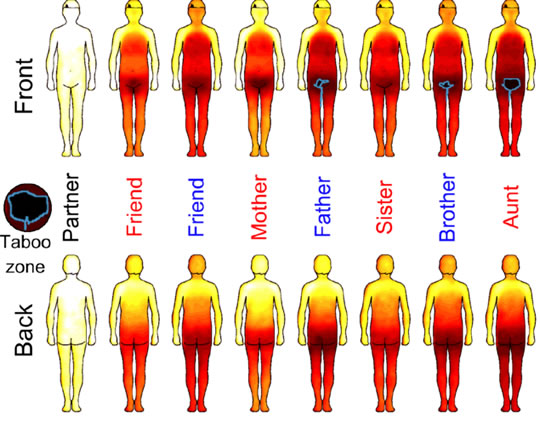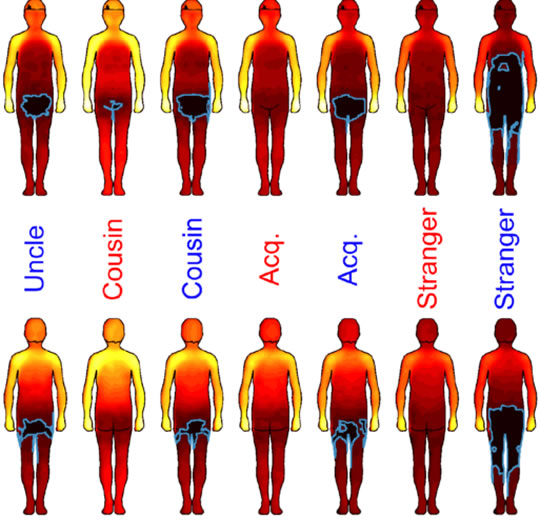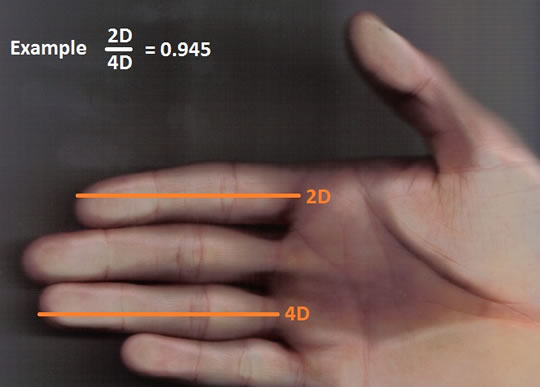How feeling wealthy affects men and women’s satisfaction with their relationships.
When men feel wealthy, they are less satisfied with their partner’s appearance, new research finds.
Essentially, when men are wealthier, they feel their value is higher.
For women, though, how much money they have doesn’t seem to matter to how satisfied they are with their relationship.
Similarly, women do not feel that being richer increases how attractive they are.
Money, however, makes both sexes more bold.
When they feel richer, people are more likely to approach others that they find attractive.
Professor Darius Chan, one of the study’s authors, said:
“…wealthy men attach more importance to a mate’s physical attractiveness setting higher standards and preferring to engage in short-term mating than those who have less money.
However, for committed women, money may lead to less variation in their mating strategies because losing a long-term relationship generally has a higher reproductive cost.”
The results come from a Chinese study of heterosexuals involved in long-term relationships.
Here is how the study’s authors explain the results:
“…individuals’ mate preferences could be conditional on their self-perceived mate value…
Men’s mate value is based more on resources than women’s mate value, while women’s mate value depends more on physical attractiveness than men’s mate value.”
Professor Chan explained the motivation for the study:
“We wanted a better understanding of the psychological importance of money in the development of romantic relationships because very little is known about this subject.
That way people would have a better perspective of the relationships they are in.”
Would the same results be seen outside China?
Professor Chan thinks they would:
“Whereas it remains as an empirical question to be answered, we expect that our findings are likely to be found in other cultures as well because the basic mechanisms of mate selection have been found to be rather similar across culture.”
The study was published in the journal Frontiers in Psychology (Li et al., 2016).
Breakup image from Shutterstock











